STRATEGIES FOR PREVENTING AND ADDRESSING BULLYING
This course equips educators with essential knowledge and practical strategies to effectively address and prevent bullying in their classrooms and schools. Through a blend of research-based information, interactive activities, and collaborative discussions, participants will learn how to create a safe and inclusive environment for all students. The course emphasises proactive measures, intervention techniques, and community engagement to foster a culture of respect and empathy.

Objectives:
- Understand Bullying Dynamics: Define and differentiate between types of bullying (physical, verbal, relational, cyber) and recognise their impact on students.
- Identify Signs of Bullying: Develop skills to recognise the signs of bullying in students, including behavioural changes and emotional distress.
- Implement Effective Interventions: Learn intervention strategies for responding to bullying incidents and supporting affected students.
- Foster an Inclusive Classroom Environment: Explore methods for promoting empathy, inclusivity, and respect among students.
- Engage Parents and the Community: Identify strategies for involving parents and community resources in bullying prevention efforts.
- Create Personalised Action Plans: Develop actionable plans tailored to their classrooms or schools to address and prevent bullying.
- Promote Ongoing Professional Development: Encourage continued learning and reflection on bullying prevention and mental health support.
Course programme:
Module 1: Understanding Bullying Overview of Bullying. Definitions and types (physical, verbal, relational, cyberbullying). Statistics and Impact: Review of research on the prevalence and effects of bullying on students.
Module 2: Recognising Bullying Behaviour Identifying Signs. How to recognise signs of bullying in students (both victims and perpetrators). Case Studies: Analyse real-life scenarios to identify bullying behaviours and dynamics.
Module 3: The Role of the Educator Understanding Your Influence. Discuss how teachers can impact school culture and student behaviour. Creating Safe Spaces: Strategies for fostering a supportive classroom environment.
Module 4: Intervention Strategies. Responding to Bullying: Best practices for intervening in bullying situations. Communication Techniques: Effective ways to talk to students, parents, and staff about bullying.
Module 5: Prevention Programs. Developing Anti-Bullying Policies: Overview of successful policies and how to advocate for them. Classroom Activities: Engaging activities that promote empathy and respect among students.
Module 6: Supporting Victims and Perpetrators. Emotional Support: Strategies for providing support to bullying victims.Addressing Behavioural Issues: Interventions for students who engage in bullying behaviour.
Module 7: Engaging the Community. Involving Parents and Guardians: Best practices for communication and involvement in anti-bullying efforts. Community Resources: Identify local organisations and resources for support.
Module 8: Ongoing Professional Development. Reflective Practices: Encouraging teachers to reflect on their experiences and challenges related to bullying.
Continued Learning: Resources for further education and professional growth in bullying prevention.
Upcoming courses:
Year 2026
16 – 20 March (confirmed)
13 – 17 April (fully booked)
20 – 24 April (fully booked)
11 – 15 May (confirmed)
1 – 5 June (confirmed)
22 – 26 June (confirmed)
13 – 17 July (confirmed)
21 – 25 Sept
19 – 23 Oct
16 – 20 Nov
30 Nov – 04 Dec
For later dates, please contact us by email and we will be happy to assist you with your request.
If your group includes three or more participants, the course you book becomes confirmed, as three is the minimum number required for a course to take place. If, as a group, you wish to request alternative dates, please contact us and we will do our best to accommodate your group’s preferences.
Important information for all courses
Schedule: Lessons take place in the morning. The final schedule will be provided no later than 2 weeks prior to the participants’ arrival. The course provider may make minor last minute changes to the schedule and content if the situation requires it.
Course Fee: 400 € per participant for a 5-day course. Accommodation is not included with the fee, however, we are happy to provide recommendations and support you finding hotels, B&Bs, and local properties.
Certificate: Participants must attend at least 80 % of the lessons to obtain the Certificate of Attendance and the Europass Mobility certificate at the end of the course.
Cultural activities: A guided walking tour is a part of each course.
Cancellation Policy: If the participant cancels the course more than 30 days before the course starts, all fees will be refunded.
If the participant cancels the course between 30 and 7 days before the course starts, they will be refunded in the form of a voucher to be used for future courses.
The course is non-refundable If the participant cancels 7 days before the course start date.
This course requires a minimum of 3 participants. In the unlikely event of not reaching 3 participants, do not worry, you will have the chance to join an alternative course on the exact same dates.


